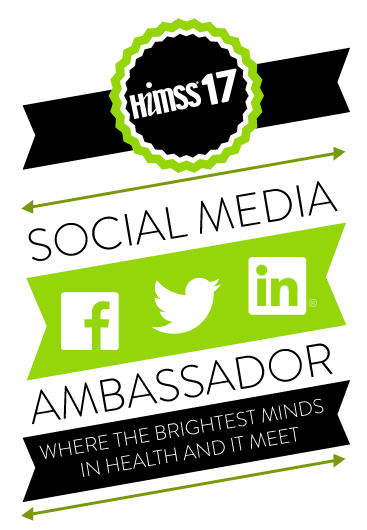Scholarly Publishing's Napster Moment: Are Paywalls or Poor Ux Driving Users to Pirated Content?
 Tuesday, May 3, 2016 at 8:36AM
Tuesday, May 3, 2016 at 8:36AM Even for journals to which the university has access, Sci-Hub is becoming the go-to resource, says Gil Forsyth, another GWU physics Ph.D. student. “If I do a search on Google Scholar and there’s no immediate PDF link, I have to click through to ‘Check Access through GWU’ and then it’s hit or miss,” he says. “If I put [the paper’s title or DOI] into Sci-Hub, it will just work.”[1]
Sci-Hub is a Napster-like site that aggregates pirated articles from scholarly journals and provides free access worldwide. With media attention from the NY Times and others, the site has garnered a lot of attention recently & has raised the profile of the Open Access movement.
As detailed in this overview of Open Access by Peter Suber, one of the leading advocates of Open Access (OA), two key defining characteristics of OA are:
1) OA removes price barriers (subscriptions, licensing fees, pay-per-view fees) and
2) OA removes permission barriers (most copyright and licensing restrictions).
In essence, the OA movement adheres to the belief that scientific research findings, especially those funded with public funds, should be available to all without fees for the benefit of scientific advancement.
However, there’s an interesting article in Science Magazine this week that raises the point that ease of use may be an equally important driver of the use of Sci-Hub for accessing articles published in scholarly journals: http://www.sciencemag.org/news/2016/04/whos-downloading-pirated-papers-everyone
Millennials (and others who might describe themselves as digital natives[2]) are accustomed to quick and easy search functionality to find just about anything they are looking for. Furthermore, once something is identified online, the digital natives expect to be able to gain quick access to the full object, whether it is a full-text article, physical book, or a consumer good. Think of it as the Google Apple Facebook Amazon mindset.
The fact that usage of Sci-Hub includes a base of users who likely have pre-paid access to a base of content far greater than what is included in Sci-Hub underscores how important it is to make content easily accessible with user interfaces that match – or nearly match – what is available via search engines and consumer sites.
Upfront barriers to access—multiple log-ins and passwords, restrictions on mobile usage, and even lack of awareness that access is available—are fatal errors. If your intended audience doesn’t know you exist or gives up on using your service because it is too difficult to figure out how to log in, then the delivery channel mechanism in your business model is broken.
In my view, the interest in using pirated sites is an indictment on the design and technical capabilities of the publishing platform companies that serve scholarly publishers. There are other aspects of the scholarly publishing business models that need updates (including pricing), but turning pre-paid users away at the front door needs to be fixed first.
[1] http://www.sciencemag.org/news/2016/04/whos-downloading-pirated-papers-everyone
[2] Note, I want to start a new category for those of us who have been early adopters and digital enthusiasts our entire adult lives—no matter how old we are now. Our wisdom and perennial enthusiasm has value, too.


Reader Comments